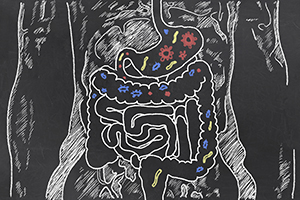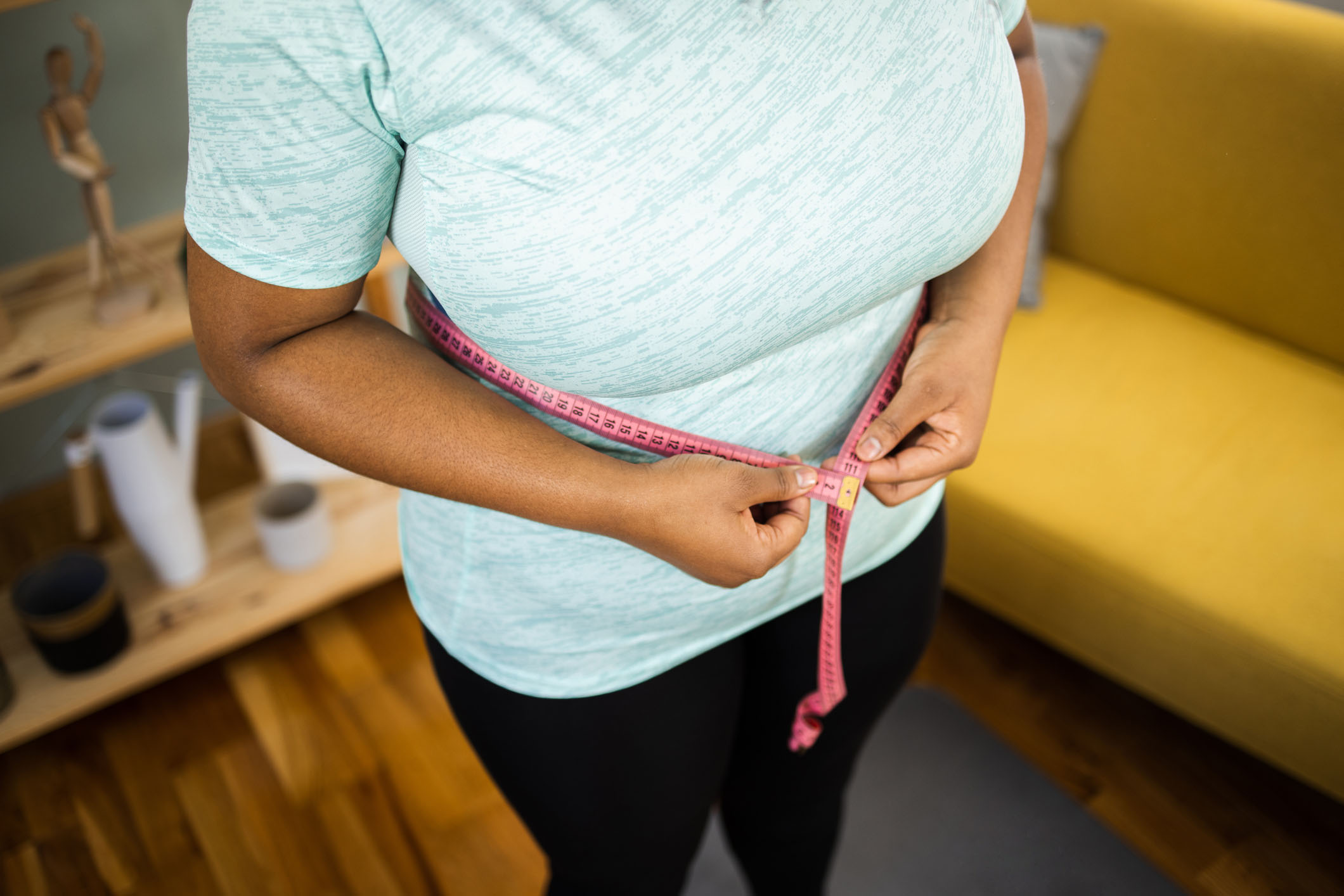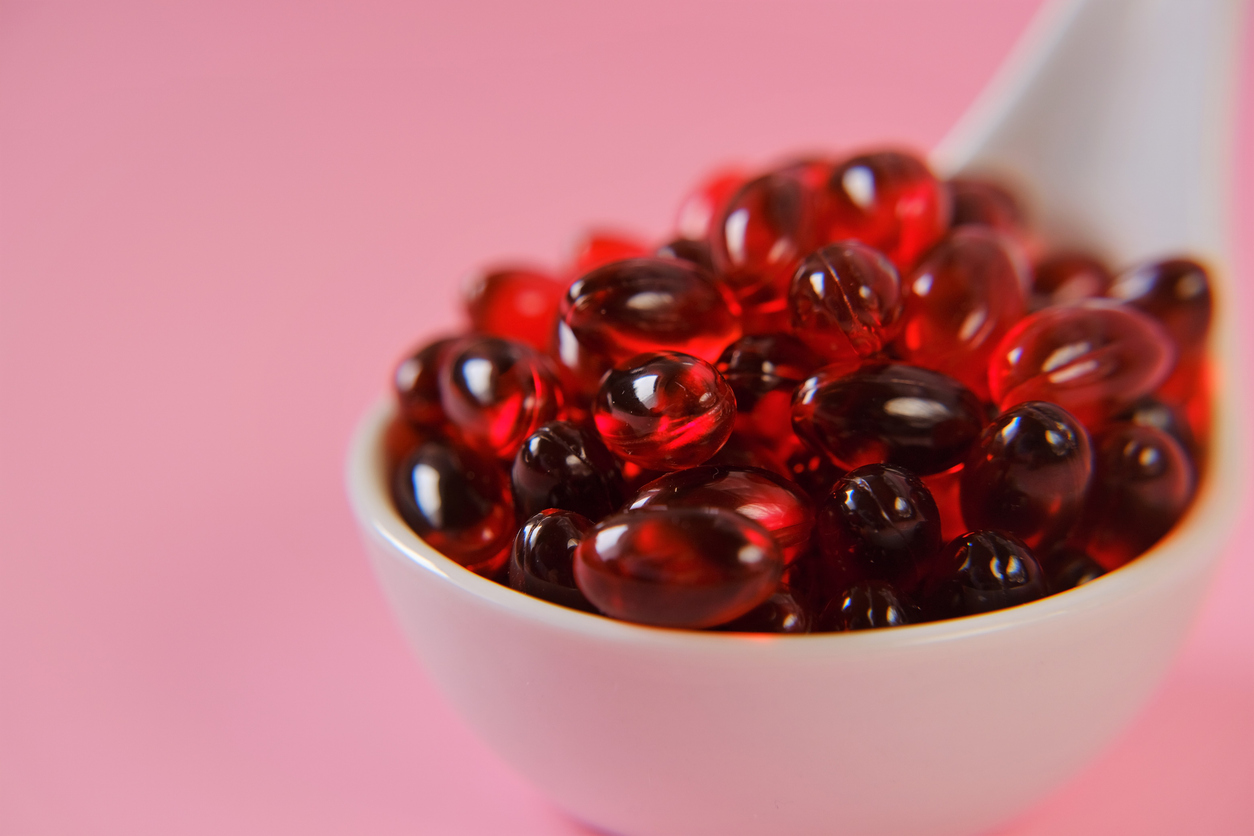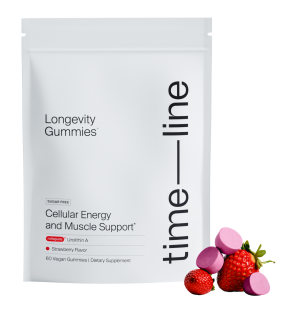In previous weeks, I described my foray into personalized genetic analysis. New discoveries have extended our concept of “self”; it turns out that our bodies’ cells are vastly outnumbered by the micro-organisms that inhabit our gastrointestinal tracts (the microbiome).
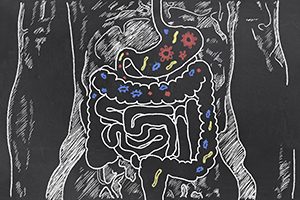
These bacteria, fungi, and viruses have a critical impact on our immunity, our metabolism, our digestion and absorption, detoxification of potentially harmful substances, and synthesis of critical vitamins and nutrients.
So, in a sense, they are not just hitching a ride, but rather, they are an integral part of what makes us “us,” with influence on mood and cognition, weight and appetite, energy, aging, and susceptibility or resistance to illness. There’s even a new study showing how altering the microbiome can stave off Alzheimer’s Disease.
A recent article suggests that our individual microbiomes may have been programmed through millions of years of co-evolution with ancestral primates, so in truth, it can be said that their DNA is really an extension of our genetic programming.
In that spirit, as part of a personal “science fair project” with me as the subject, I undertook a comprehensive analysis of my microbiome using Ubiome.
Ubiome offers profiles of your bacterial flora, taken from various sites: stool, skin surface, mouth, and genitals. You can order kits to allow you to collect bacterial specimens via cotton swabs and mail them to Ubiome for analysis. They even encourage you to do sequential tests, say, if you change your diet, start probiotics, or experience an illness.
A recent Intelligent Medicine podcast with Ubiome co-founder Jessica Richman describes the scope of the Ubiome project. Their intent is to “map” the human microbiome via sampling from thousands of individuals in a manner analogous to theHuman Genome Project.
Participants who submit samples are then urged to complete exhaustive (but confidential) on-line questionnaires about what foods they eat, what medications they take, what medical conditions they suffer from, if they’re overweight, whether they’re sexually active, how much they exercise, whether their digestion is satisfactory, even if they obtain adequate sleep or are subject to stress.
Why are these factors significant? A recent article inMedscape entitled “Enhancing the Microbiome Through Diet, Sleep, and Exercise” states that “Through complex interactions with the host immune system and signaling pathways, the gut microbiome can significantly influence the pathogenesis of disease states such as cancer, metabolic syndrome, inflammatory bowel disease, and nonalcoholic fatty liver disease.” Conversely, lifestyle factors significantly impact the composition of the microbiome. Specifically, the article indicts the widespread use of artificial sweeteners as having a harmful effect on the microbiome, with the paradoxical result that sugar substitutes stoke the epidemic of obesity that they’re intended to alleviate.
Ubiome is sure to accumulate a huge data base which can serve as a rich resource for research correlating features of the microbiome to various health parameters. Valuable associations with practical implications may eventually pan out. But can a Ubiome profile shed light on your individual proclivities to disease? Or is it, as I have concluded with personalized genetic testing, merely a tantalizing preview of a future science that’s not yet ready for prime time?
Before I share my experience with Ubiome, let me state that I’ve been testing stool profiles in my patients for over a quarter century, searching for the underlying keys to health problems. I’ve ultimately concluded that, while some useful information can be gleaned from these tests, their implications remain far from clear.
Some testing companies, in an effort to mimic the “find a bug, use a drug (or, if you prefer, an herb)” approach, finger certain “pathogenic” bacteria as the cause of digestive or health imbalances. Coupled with our understanding of altered intestinal permeability (“leaky gut”) as the link between gut imbalances and systemic disease, this idea is appealing.
But the presence of certain “bad” bacteria or yeasts is only incompletely linked to health problems. Proven associations are few. A certain bug may cause mischief in one person, or be entirely innocuous in another. Individuals with obesity-associated bacteria may stay lean and healthy, while others with favorable profiles may become sick and fat.
That being said, Ubiome utilizes a rather new technology called “high throughput DNA sequencing” that enables rapid, cheap analysis of hundreds of bacterial species. It transcends the limitations of other stool tests which require culturing of bacteria that sometimes only thrive in oxygen-poor conditions deep within the intestinal tract and don’t survive on traditional culture media.
DNA sequencing is different from standard stool tests which look for blood, white blood cells, signs of inflammation, or the presence of certain specific pathogens like amoebas, giardia, Salmonella, Shigella, C. dificile, etc. The Ubiome test is not intended to supersede conventional stool sampling. So see your doctor for a regular stool exam if you think you have an infection.
Now to my results. First, the good news: I scored in the 75% percentile on bacterial diversity, which means I have a greater than average variety of intestinal flora. High bacterial diversity is a characteristic of the guts of indigenous tribes who have little exposure to antibiotics and consume high-fiber, unprocessed foods. GI diversity is the internal equivalent of a pristine natural forest ecosystem, with everything in balance. It is also associated with freedom from degenerative and autoimmune disorders.
I was pleased to learn I had an 88.5% “Wellness Match”—i.e., the overlap between my sample and the average microbiome among participants who characterized their health as good.
I possess a favorable profile where my Bacteroidetes bacteria outnumber my Firmicutes, a ratio that predicts lower likelihood of obesity or metabolic syndrome. My F:B ratio was 0.8 to 1 whereas the average ratio among Western subjects was 2.1 to 1. But, disappointingly, I had zero Akkermansia bacteria, a species sometimes characterized as the “Holy Grail” bug that confers protection against overweight. By the way, I am 5’10, weigh 160 pounds, and was chubby as a child but never overweight as an adult.
Also, surprisingly, while I take daily probiotics containing lactobacillus and bifidobacteria and eat a lot of live, fermented foods like unpasteurized pickles, sauerkraut, and kimchi (but no yogurt), and haven’t taken antibiotics in over 30 years, Ubiome could detect only minimal (0.16%) lactobacillus and no bifidobacteria in my sample. Which goes to show you that taking probiotics is no guarantee that they’ll “take” and colonize your GI tract.
Interestingly, less than 2% of Ubiome submitters had significant amounts of one or both probiotic species in their samples. Does this mean we need to reassess our reliance on probiotic supplements? The answer is unclear. It may be that probiotics are beneficial even when they don’t appear in stool samples by virtue of some indirect organizing effect on other species, or via direct signaling to the intestinal immune system. Regardless, studies show they have beneficial effects.
Using the links on Ubiome, you can do a deep dive on each of the dozens of bacteria found in your intestine, but that may only fire up your paranoia. Some bacteria which are implicated in disease are often quite benign under most circumstances. For example, I was a little shocked to find that 37% of my bacteria were Clostridia (fortunately not C. dificile)—but upon reading the cheery Ubiome narrative, I discovered that Clostridia are among the most common intestinal bacteria: “Some other well-known species of Clostridia produce toxins responsible for botulism and tetanus, but don’t worry. We all have Clostridia and they really are mostly harmless.”
It occurred to me that my mom’s acknowledged failure to breast-feed me—formula-feeding was in vogue in the 50s—coupled with the antibiotics that I was given as a child, may have created the slight persistent GI flora imbalance that my best efforts were inadequate to overcome. Maybe research will eventually answer that question.
If you expect Ubiome to offer you a tea leaf reading that informs you about your risk for specific diseases or your prospects for longevity—well, forget it. But if you want a rough read on whether you have optimal bacterial diversity—a factor roughly associated with good heath—Ubiome is worth a try. Alternatively, if you’re not feeling up to par, you can obtain a baseline reading from Ubiome, and then undertake concerted lifestyle modification with diet, pre- and probiotics, exercise, sleep optimization and stress reduction, and then repeat the test to see if your microbiome improves.
Even if you don’t reap profound personal insights, at least you’ll know that you’ve made a small contribution to the scientific community’s burgeoning understanding of how the microbiome impacts heath.
